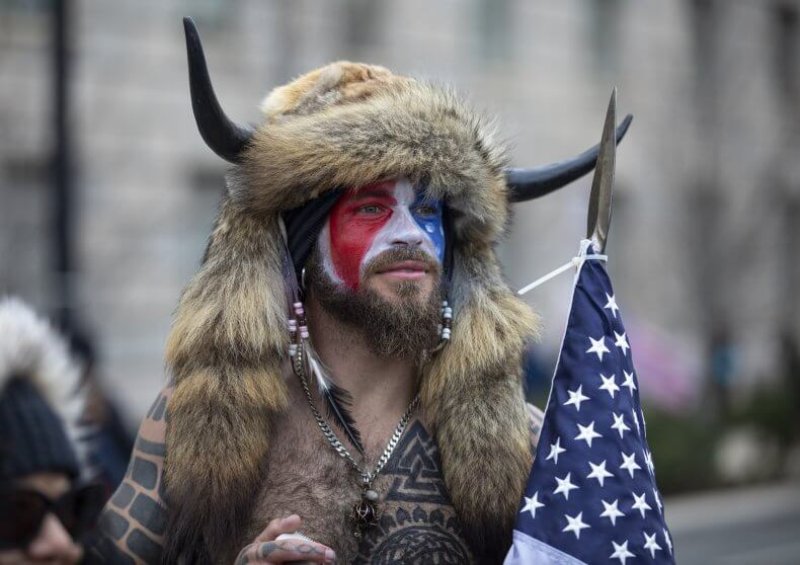While most people associate organic food and farmers markets with progressive politics and cosmopolitan values, they’re also a draw for certain elements of neo-fascist culture.
Part of this connection between organic food and white supremacy dates back to Nazi Germany, where there was a strong ethos about the importance of nature, healthy eating, and natural foods. For modern white supremacists “purity is central,” says Pete Simi, an associate professor of sociology at Chapman University who has spent about 25 years studying right wing extremism and political violence. “Purity is very much the way in which they organize the world, in terms of pure and impure.”
That dichotomy is used to describe race. It’s used to describe environments—which is why Trump’s comment about “shithole countries” was so dangerous, Simi adds, “because he was dehumanizing people and acquainting them with impurity.” And it’s used to describe food.
It’s not just organic farming. Extremists do this across subcultures, Simi says: gaming, MMA, Scottish highlander festivals. “The more they do that, the more they’re able to gain a presence in these different subcultures, that just strengthens their connections to society,” he says. “And it makes it that much harder to unroot this world view that obviously is a substantial, central part of our society’s history.”































